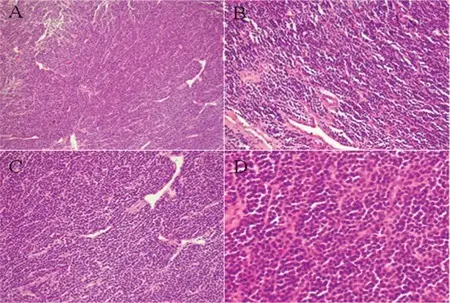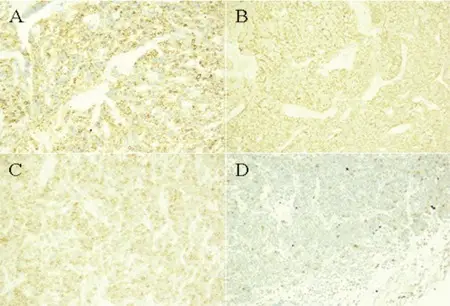Lymphoplasmacytic lymphoma is also known as Waldenstrom macroglobulinemia. It is a low-grade (slow-growing) B- cell lymphoproliferative neoplasm characterized by small lymphocytes and IgM monoclonal gammopathy.
What is the Pathology of Lymphoplasmacytic Lymphoma?
The pathology of lymphoplasmacytic lymphoma is:
-Etiology: The cause of lymphoplasmacytic lymphoma is poorly understood. However, the association of the disease with hepatitis C virus and autoimmune disorders has been documented.
-Genes involved: MYD88 gene (L265P mutation).
-Pathogenesis: The sequence of events that lead to lymphoplasmacytic lymphoma originate from cells at a late stage of B-cell differentiation. These cells derive from a B-cell arrest after somatic hypermutation in the germinal center and before terminal differentiation to a plasma cell.
-Histology: The histology associated with lymphoplasmacytic lymphoma shows infiltration of the bone marrow with small lymphocytes and IgM monoclonal gammopathy.
How does Lymphoplasmacytic Lymphoma Present?
Patients with lymphoplasmacytic lymphoma typically are elderly individuals in the seventh and eighth decade of life, with a slight male predominance. The symptoms, features, and clinical findings associated with lymphoplasmacytic lymphoma include B-related symptoms such as fever, night sweats, weight loss. Because of the frequent involvement of bone marrow, most lymphoplasmacytic lymphoma patients present with weakness and/or fatigue related to anemia. Some patients may present with the involvement of spleen, liver, and other extranodal sites, including skin, stomach, and bowel.
How is Lymphoplasmacytic Lymphoma Diagnosed?
Lymphoplasmacytic lymphoma is diagnosed by exclusion. A diagnosis should only be rendered after the exclusion of all other small B cell lymphomas. Diagnostic tests include complete blood count, peripheral blood smear, flow cytometry, protein electrophoresis and immunofixation.
How is Lymphoplasmacytic Lymphoma Treated?
Lymphoplasmacytic lymphoma is treated by close observation for asymptomatic patients. Symptomatic patients are managed by single-agent rituximab therapy without maintenance.
What is the Prognosis of Lymphoplasmacytic Lymphoma?
The prognosis of lymphoplasmacytic lymphoma is fair. The median survival of lymphoplasmacytic lymphoma patients is approximately five years. About 40% of patients survive for ten years or more.




